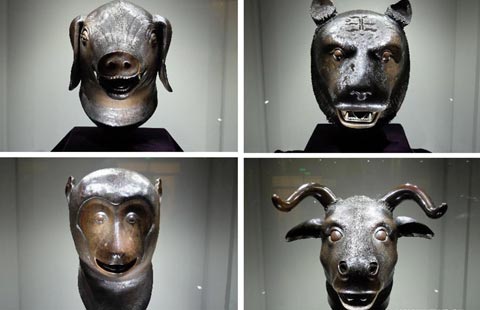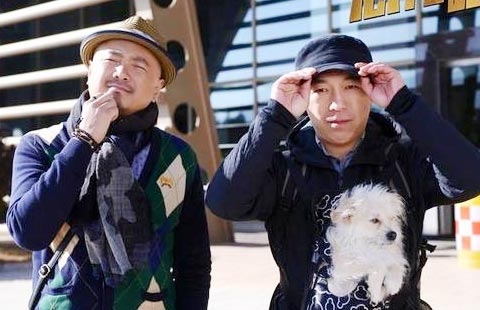No Kidding!
By Chen Nan ( China Daily ) Updated: 2015-01-12 07:50:05
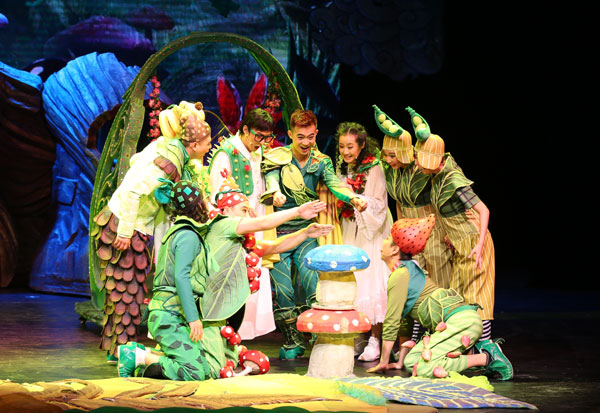 |
|
Scene from children dramas The Flying Peter Pan. [Photo provided to China Daily] |
A children's theater director finds young viewers more eager for good narratives rather than flash-bang technology, Chen Nan reports.
Like many Chinese children, who grow up with the story of the Monkey King, He Jiguang's 7-year-old daughter He Jinyao likes watching Journey to the West, the Chinese TV series that was adapted from the classic Chinese novel by the same title. To the father's surprise, instead of the new versions, which were produced with high technology, his daughter enjoys the old version of the TV series, which was first broadcast on China Central Television in 1986. She also likes watching old cartoon movies, which were adapted from Journey to the West, such as Uproar in Heaven and Princess Iron Fan, which were made in the 1960s.
"I once asked her why she doesn't like the new productions, which have special-effects technology and showed Monkey King's 72 transformations in a much more eye-catching way than the old version. She simply said that the old version is much more interesting," says He, 37, an actor-turned-director of China National Theater for Children. The most established children's theater in the country was founded in 1956.
Intrigued, He watched the TV series and cartoons with his daughter. He realized that what appeals to her most are the portraits of the characters' personalities, the plot and conversation. The technology, for her, is just decoration.
When He developed his directorial debut production, Lan Yu Chong Shu, part of a children's drama adapted from four Chinese idioms, the director focused on how to display the characters and to evolve a dramatic story, rather than using singing, dancing and other stage effects to distract the audiences.
The drama, which premiered late last month and will run through Jan 18, tells the story of Nanguo, who managed to join a 300-people yu ensemble even though he didn't know how to play the instrument, an ancient Chinese windpipe. However, the new king liked listening to solos, which meant Nanguo could not hide in the crowd, and he was forced to sneak out of the palace to never return.
The idiom lan yu chong shu is used to mock someone who holds a position without having the required skills. Unlike many children's dramas in China, which sum up a theme in an educational way, He's approach doesn't make any conclusion and leaves space for audiences to imagine the outcome. He also ignores the background of the story, which happened in the State of Qi during the Warring States Period more than 2,200 years ago, to bring the story closer to the audiences.
|
|
|
|
|
|
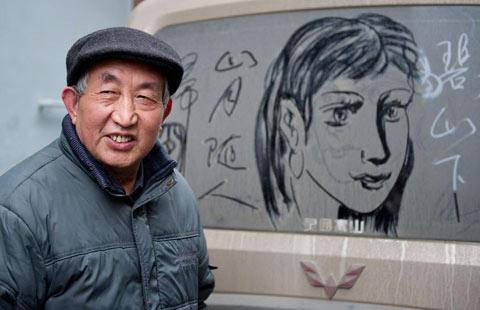

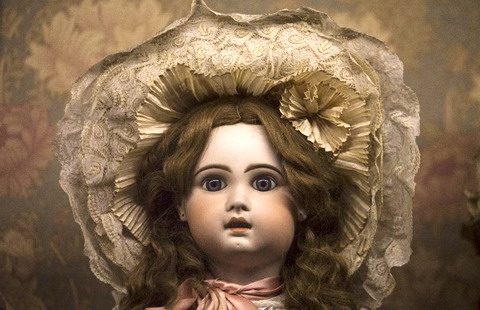
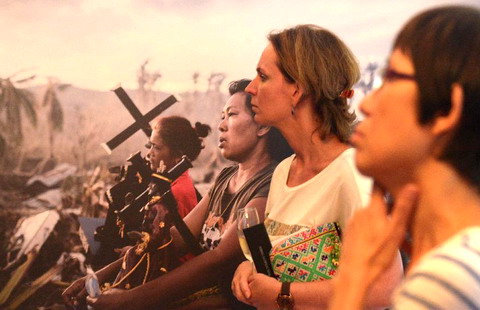
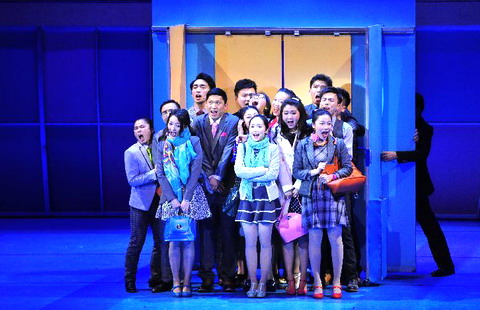
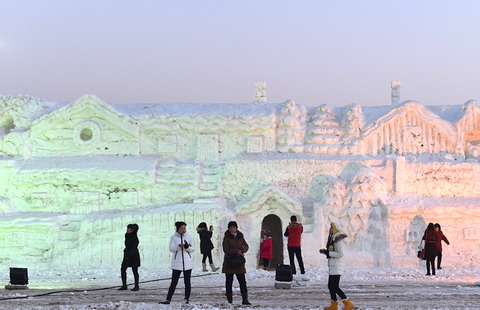
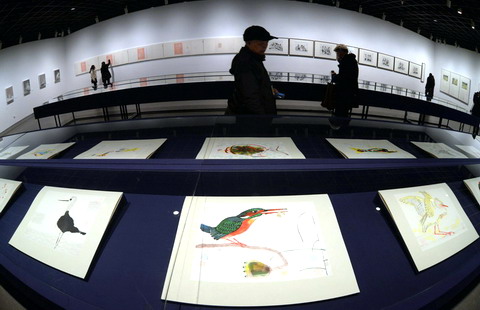

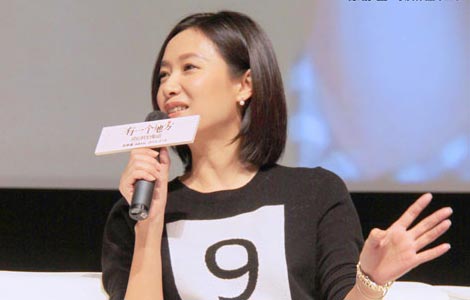
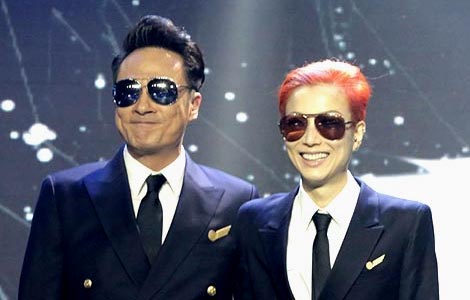

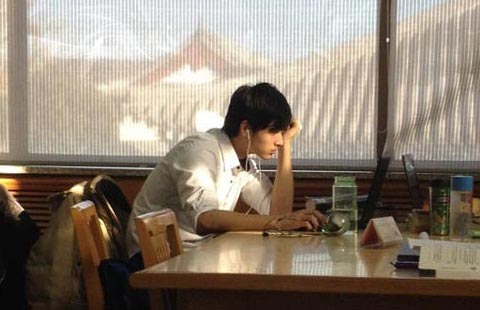


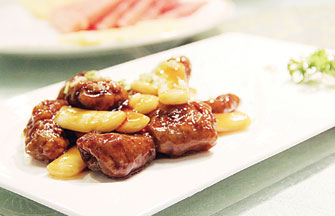



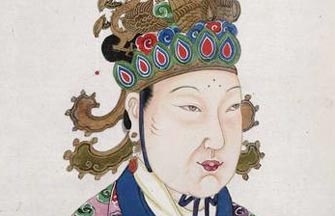
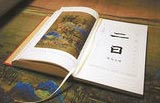
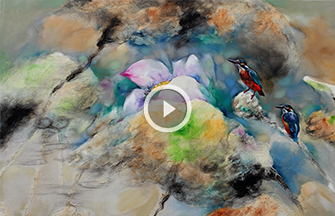
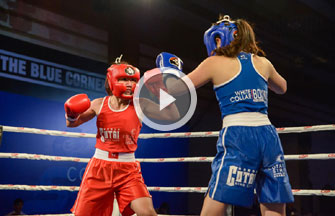

 Raymond Zhou:
Raymond Zhou: Pauline D Loh:
Pauline D Loh: Hot Pot
Hot Pot Eco China
Eco China China Dream
China Dream China Face
China Face
